Chess has long been considered a game for the intellectually gifted. The strategic complexity and the deep level of thinking required to excel at chess suggest that it might be more than just a pastime. This has led many to ponder whether there is a significant relationship between proficiency in chess and a person’s Intelligence Quotient (IQ). Various studies have tried to establish a connection, delving into aspects such as cognitive abilities, problem-solving skills, and memory.
Understanding Chess and Cognitive Functions
Chess is a game that demands a multiplicity of cognitive skills. Strategic planning, tactical sharpness, and visual-spatial skills are just a few of the competencies chess players must develop. Each move in chess involves complex thought processes, from foreseeing possible future moves to calculating numerous potential responses from the opponent.
Research on Chess and IQ Levels
Numerous studies have aimed to quantify how chess affects intelligence. For instance, a study by Frydman and Lynn in 1992 suggested that strong chess players possess higher verbal and performance IQ scores compared to the general population. More recently, studies have indicated that learning and playing chess can potentially lead to cognitive improvements, irrespective of a player's initial IQ level.
Chess as a Tool for Cognitive Development
One compelling aspect of the relationship between chess and IQ is the game’s potential in enhancing cognitive abilities. Educational systems in various countries have considered incorporating chess into the curriculum, hoping to harness its cognitive benefits. The argument is that chess helps in the development of lateral thinking, problem-solving skills, and enhances concentration. All these abilities are crucial in academic and real-life situations.
Practical Evidence and Critical Views
While there is supportive evidence regarding chess and cognitive enhancement, caution is warranted. Critics argue that the correlation does not imply causation. High IQ individuals might be attracted to chess because of its intellectual challenges rather than chess raising a person’s IQ. Additionally, a person's ability to improve in chess can also be affected by factors such as learning environment, availability of resources, and personal interest, which complicates the direct correlation between chess skills and inherent cognitive ability.
Conclusion
Although it is difficult to conclusively prove that chess improves IQ, the evidence suggests a strong correlation between chess ability and various measures of intelligence, including problem-solving and spatial reasoning skills. Whether used as a tool for cognitive development or an indicator of intellectual prowess, chess undeniably holds significant cognitive value. As research continues to evolve, it is crucial to maintain a balanced perspective, recognizing the benefits of chess as part of a broader educational and developmental strategy.
Explore our large collection of luxurious chess sets!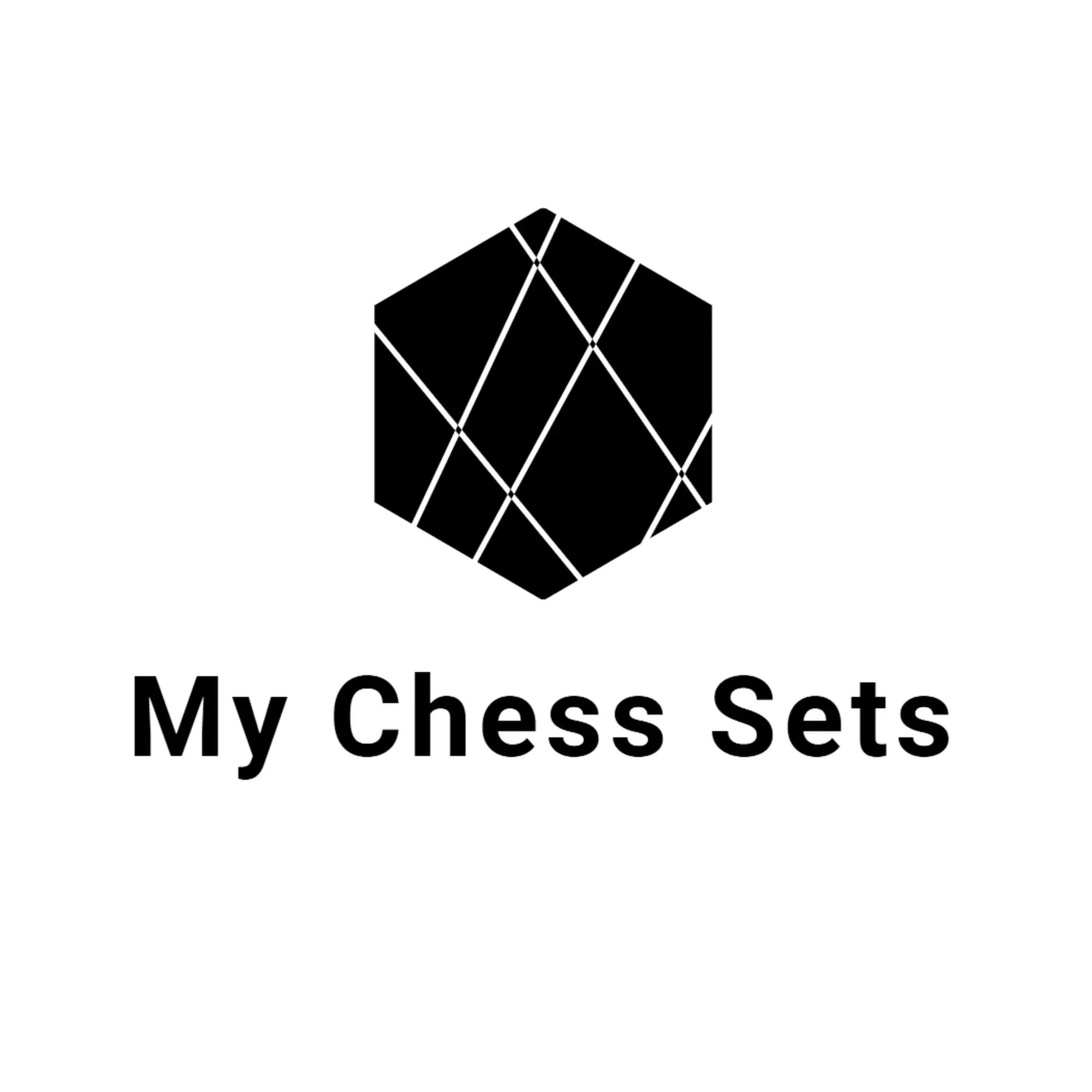
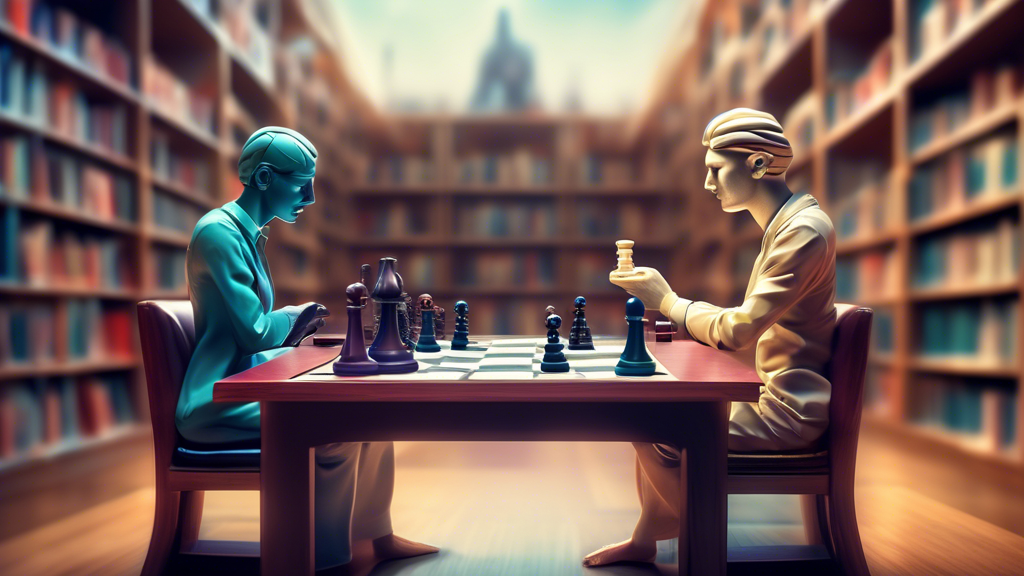
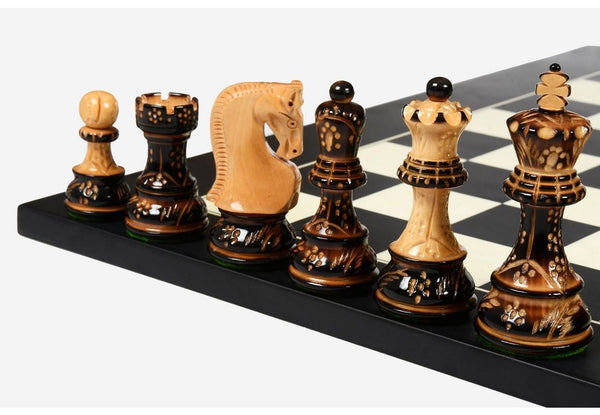

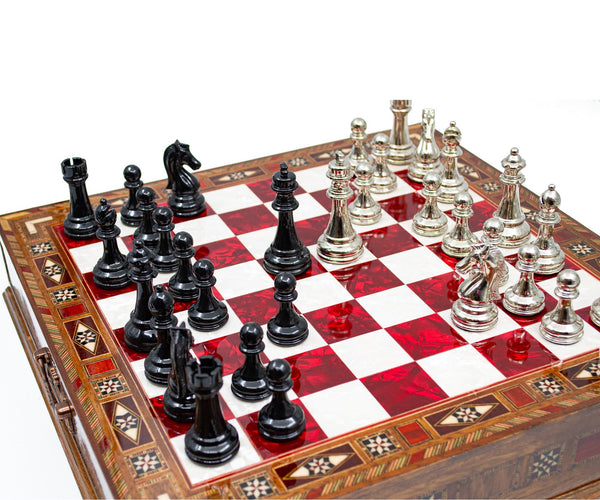
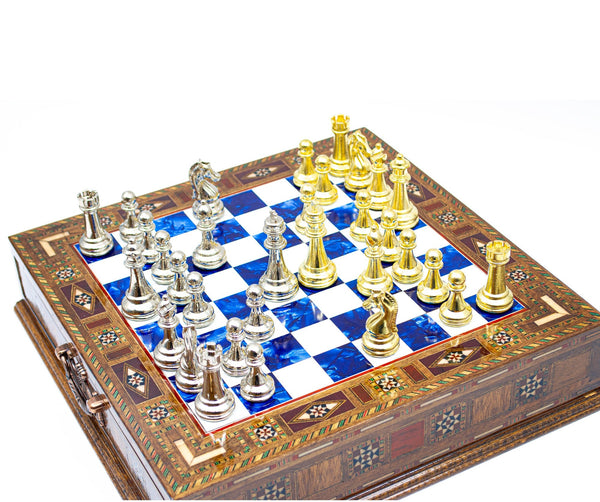
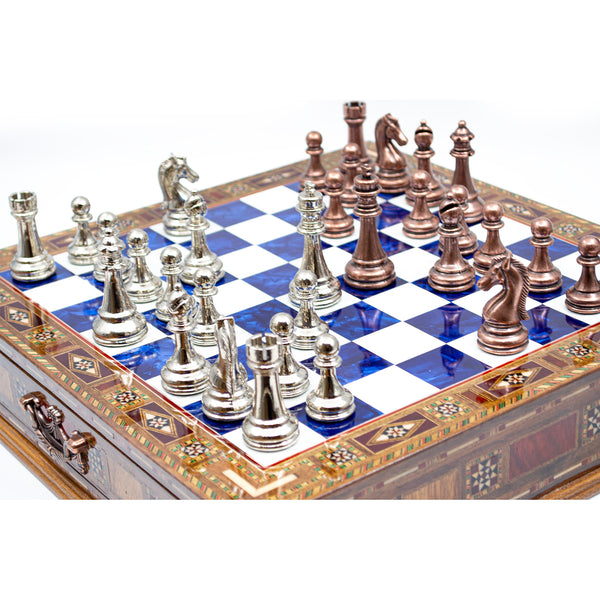

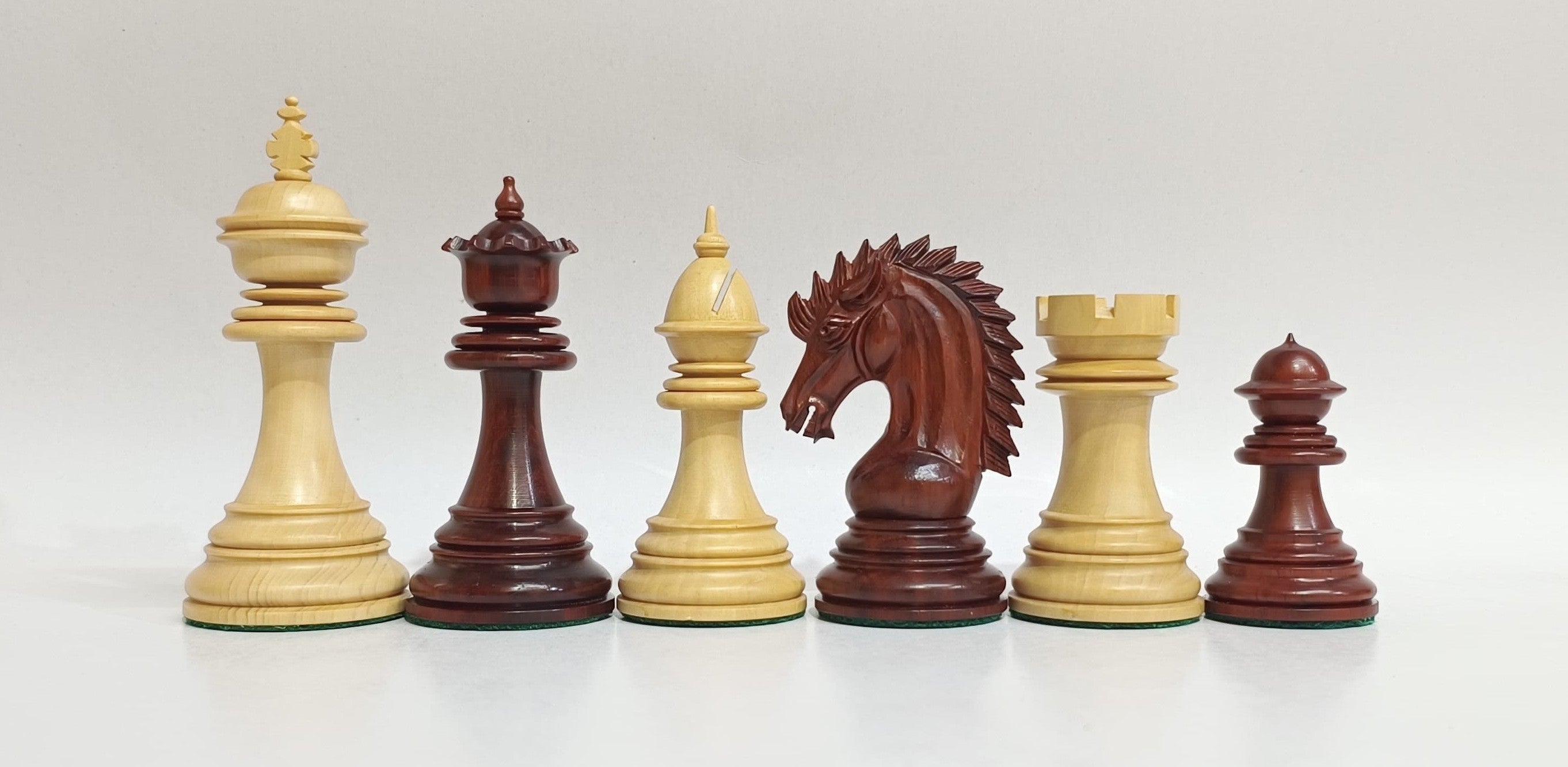
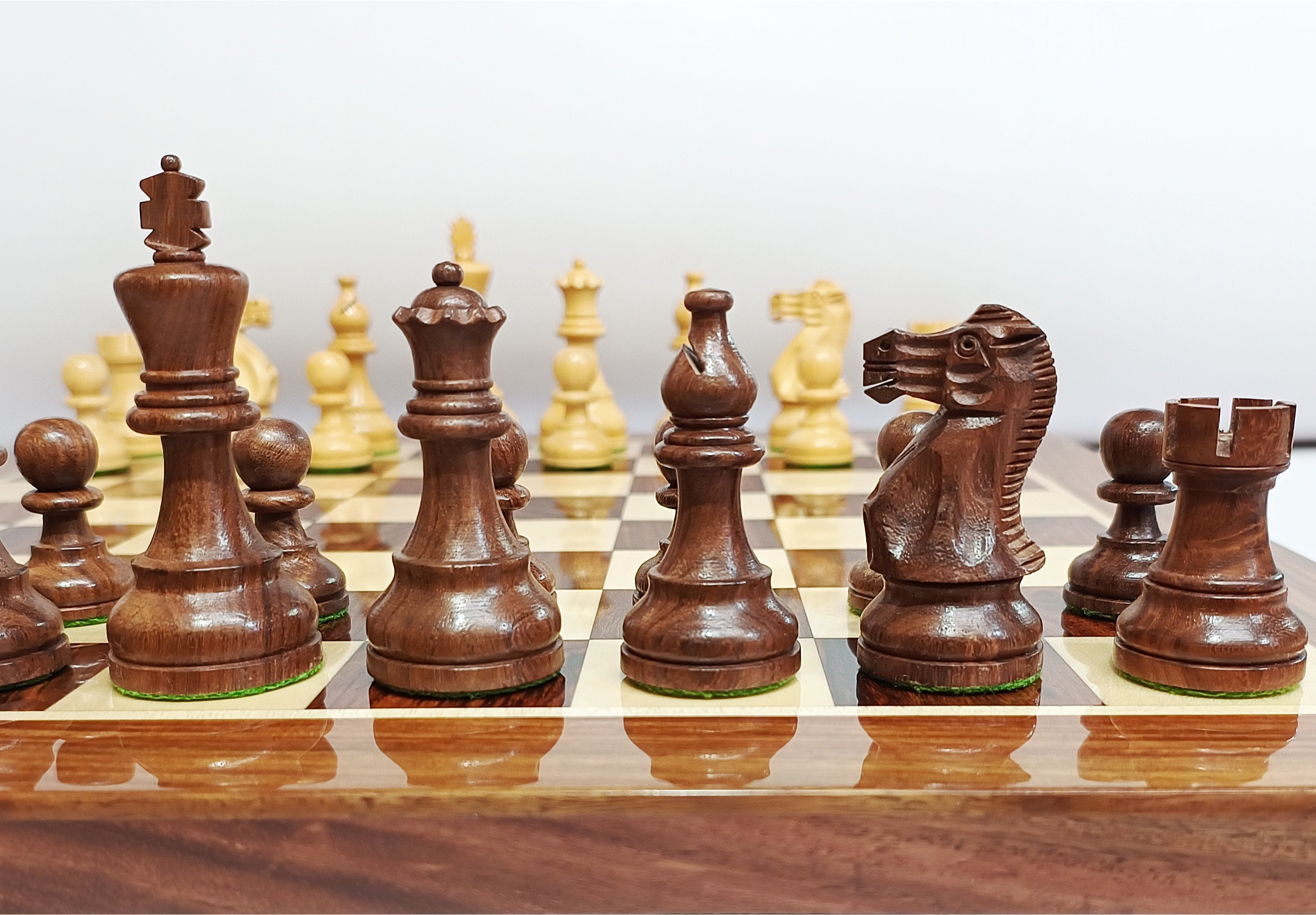
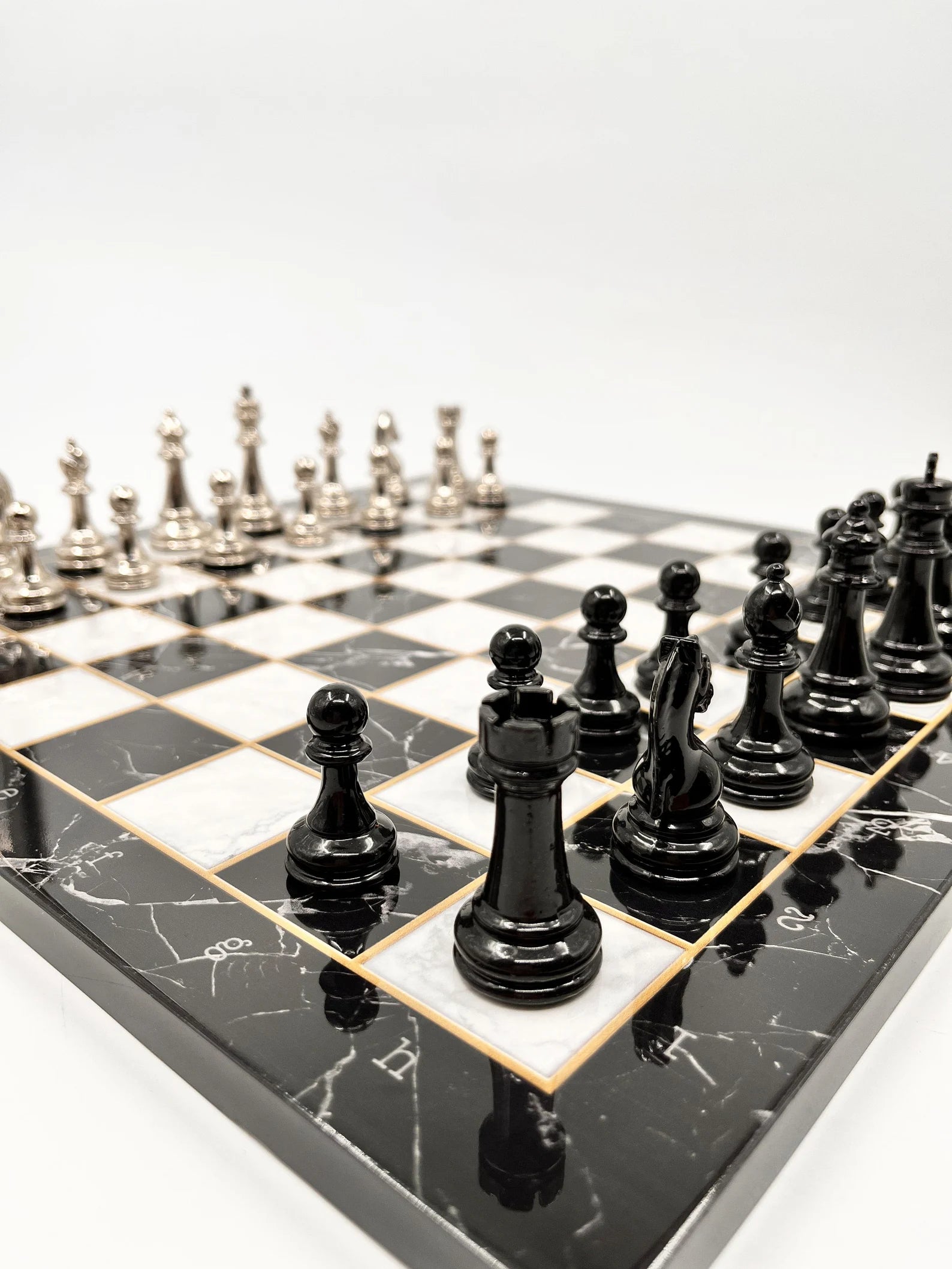
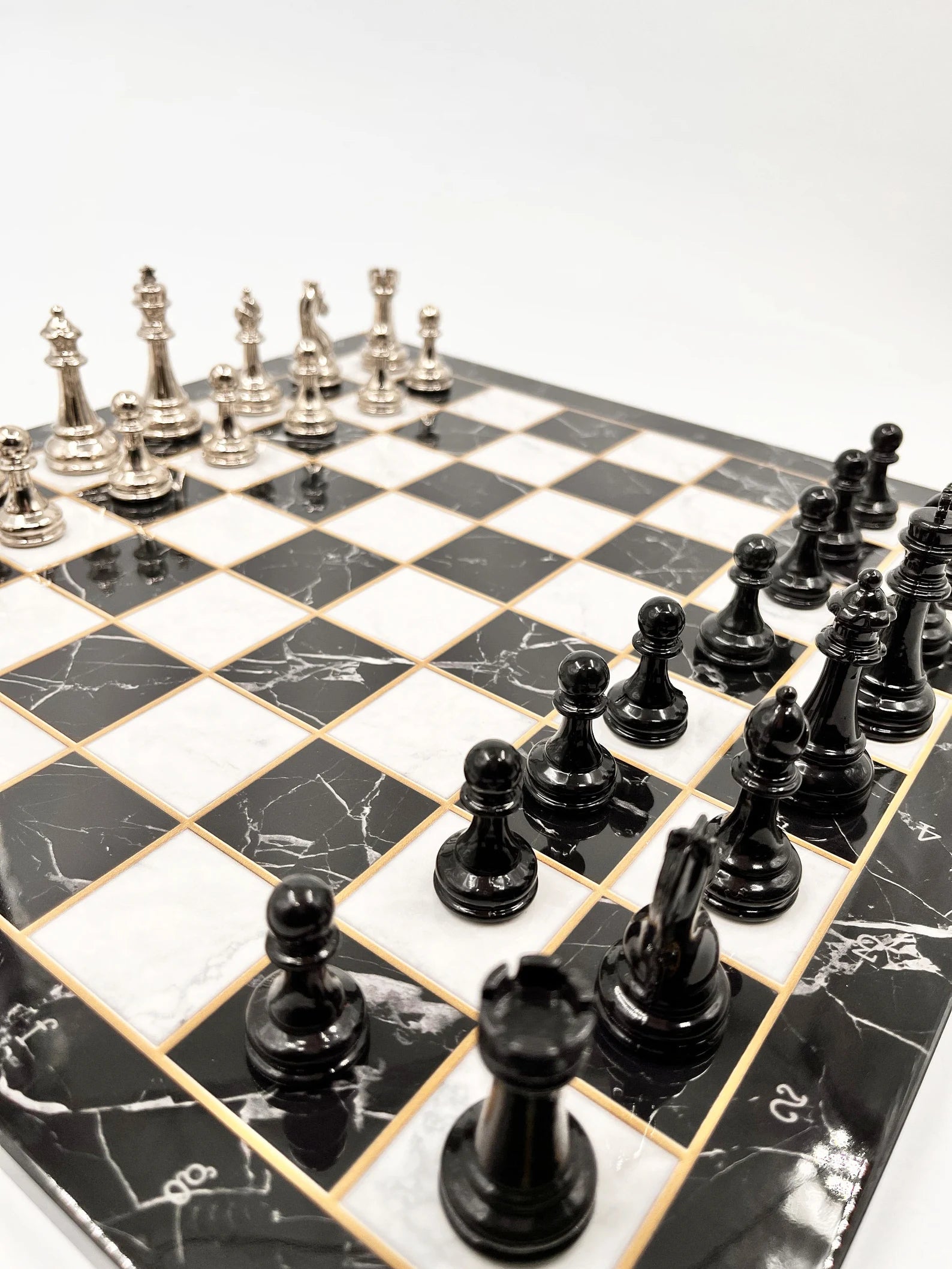
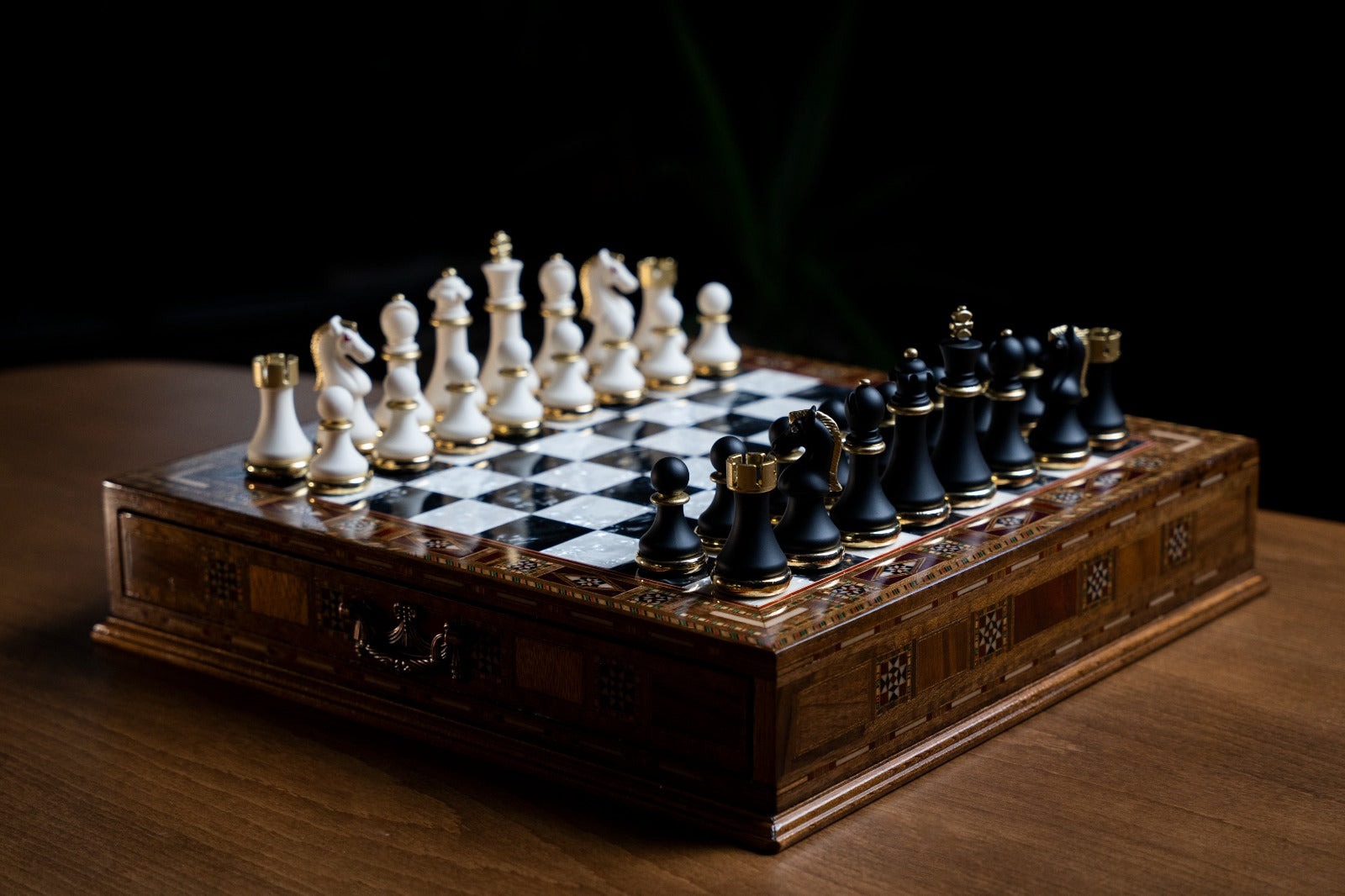
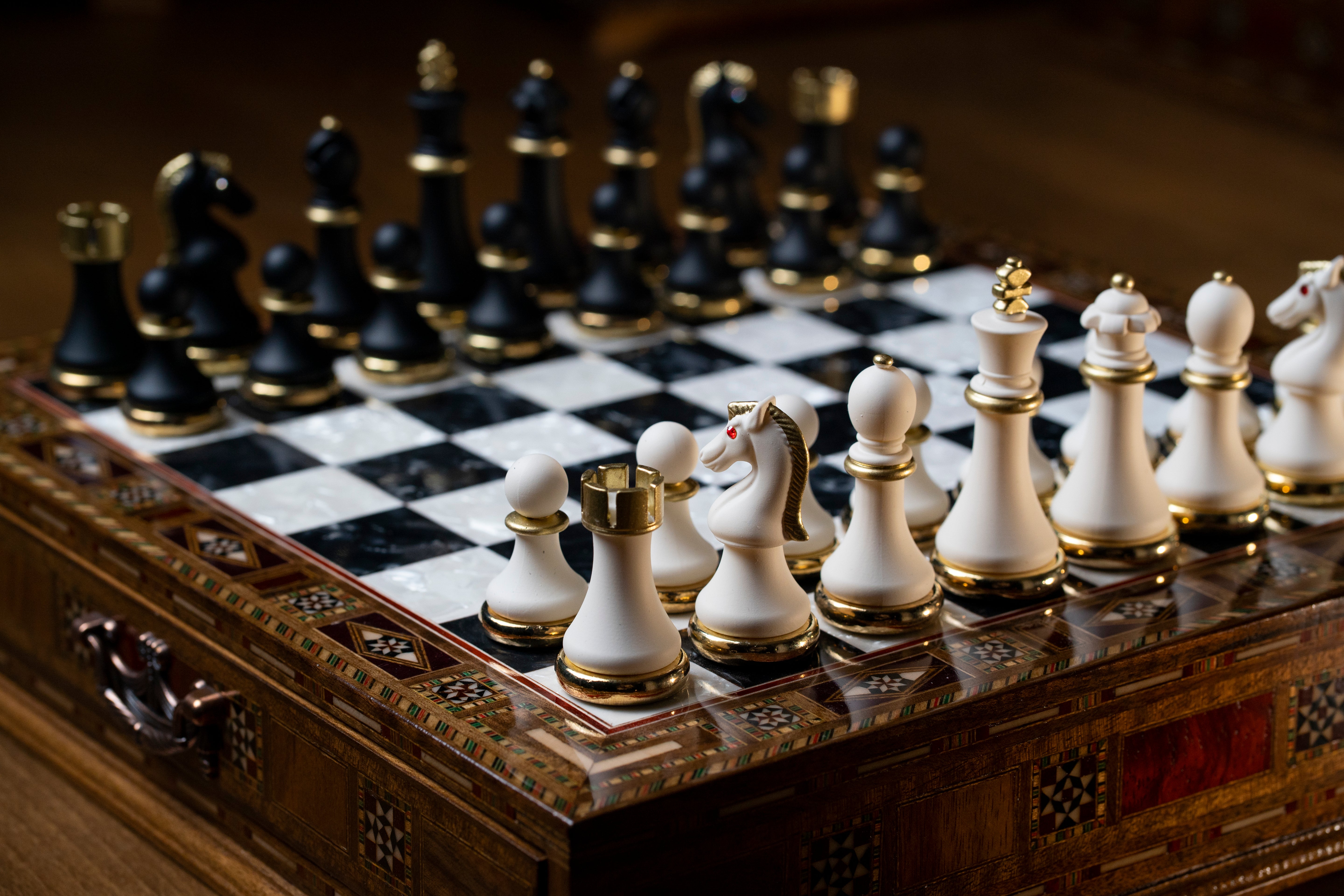
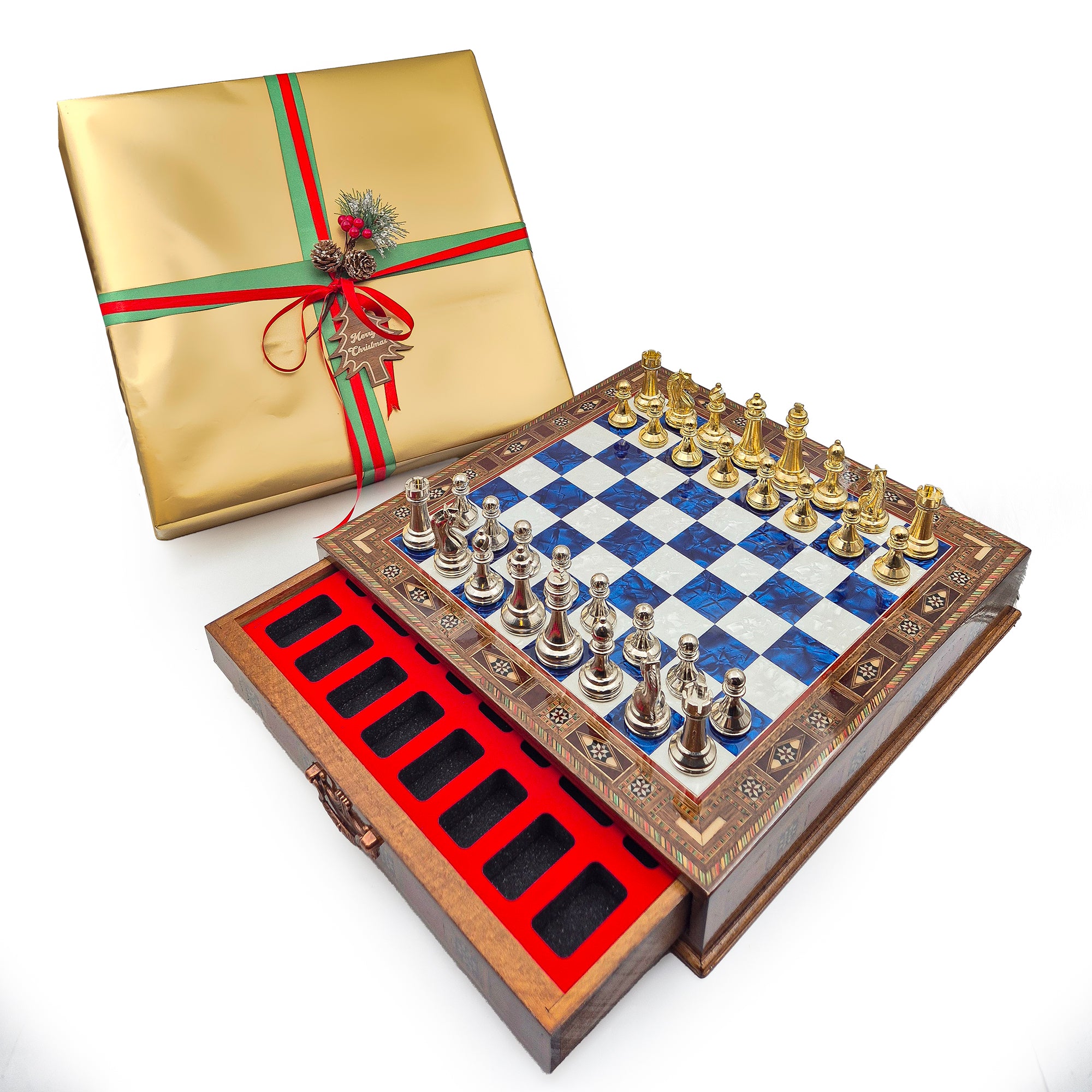
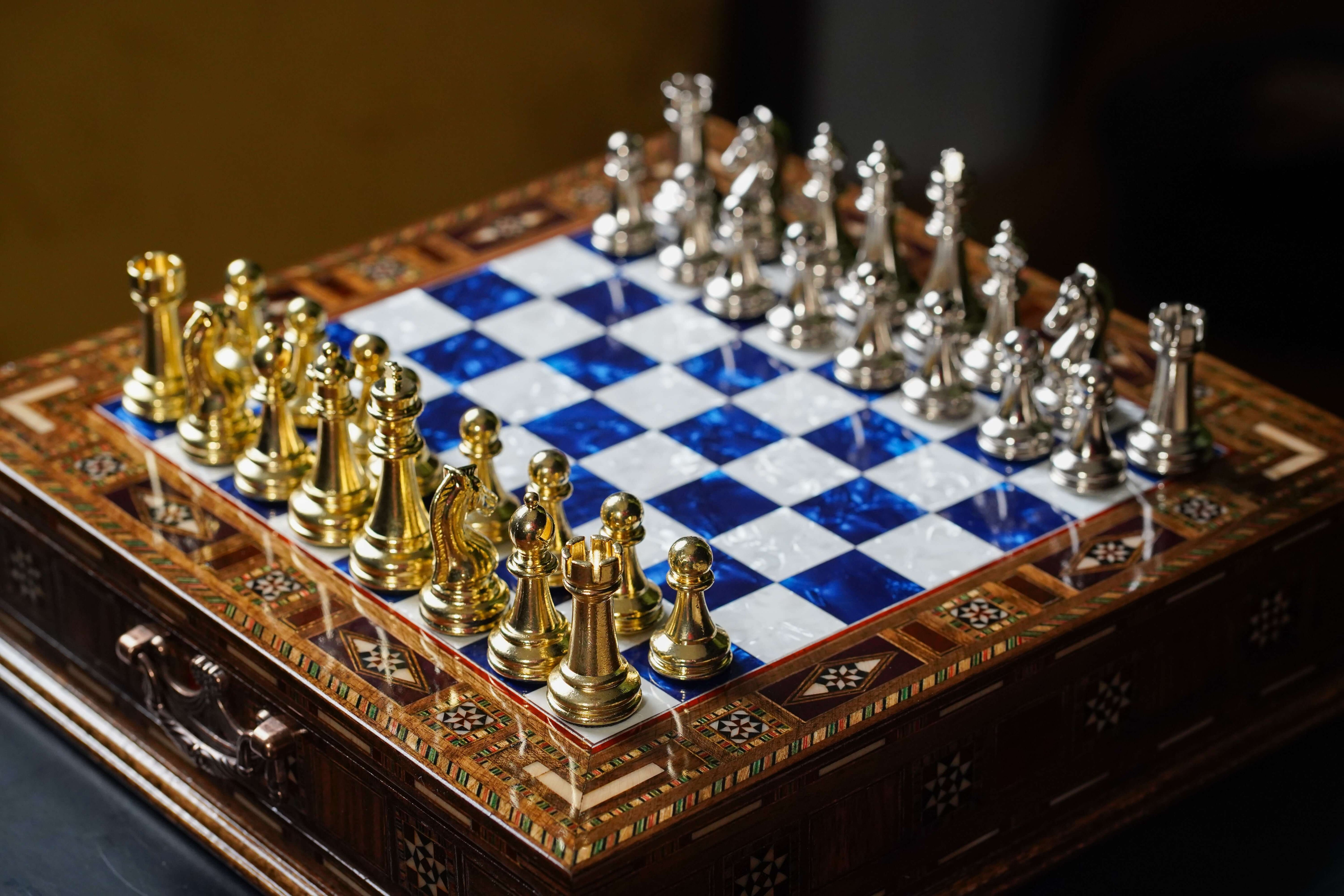

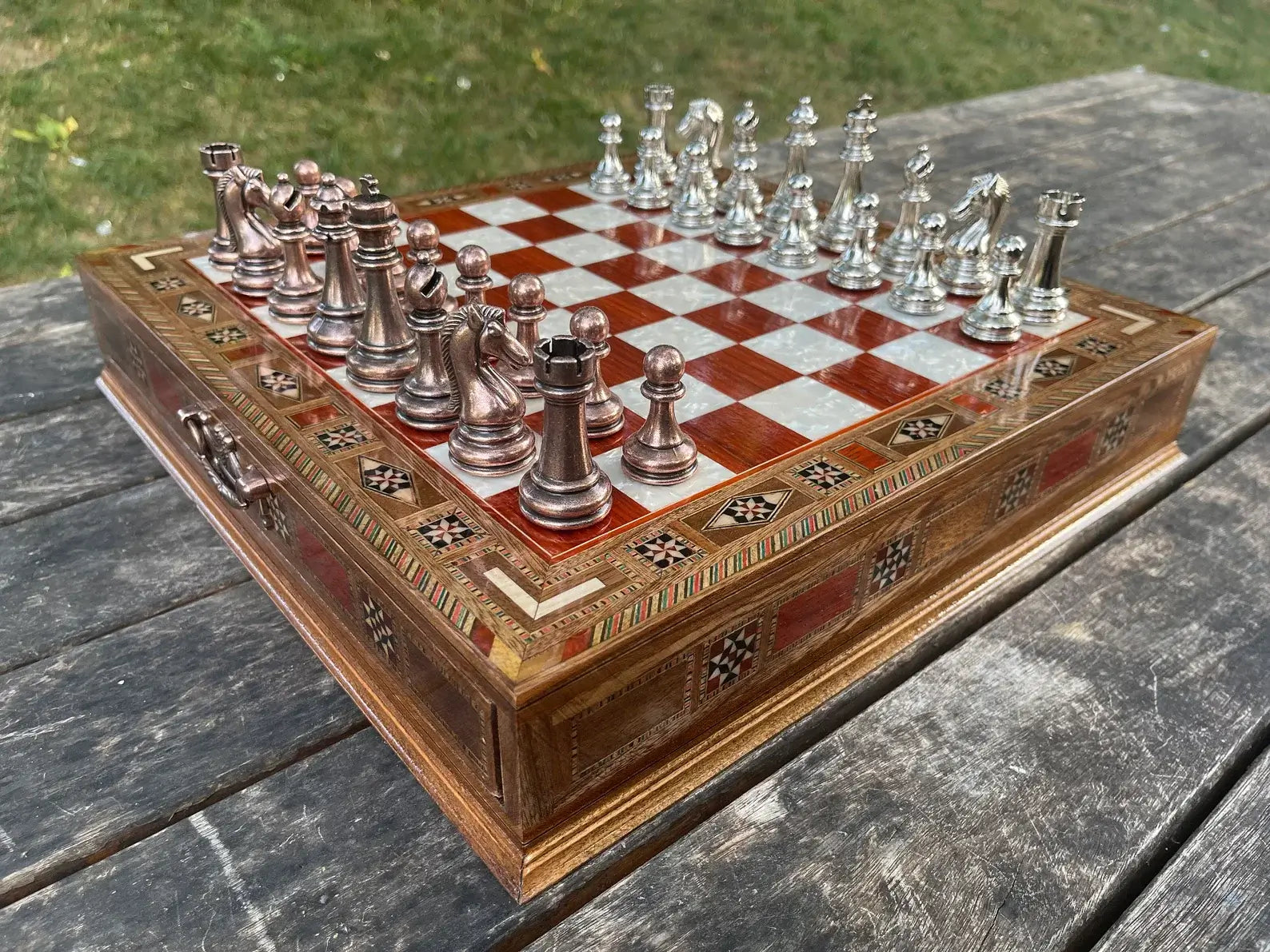
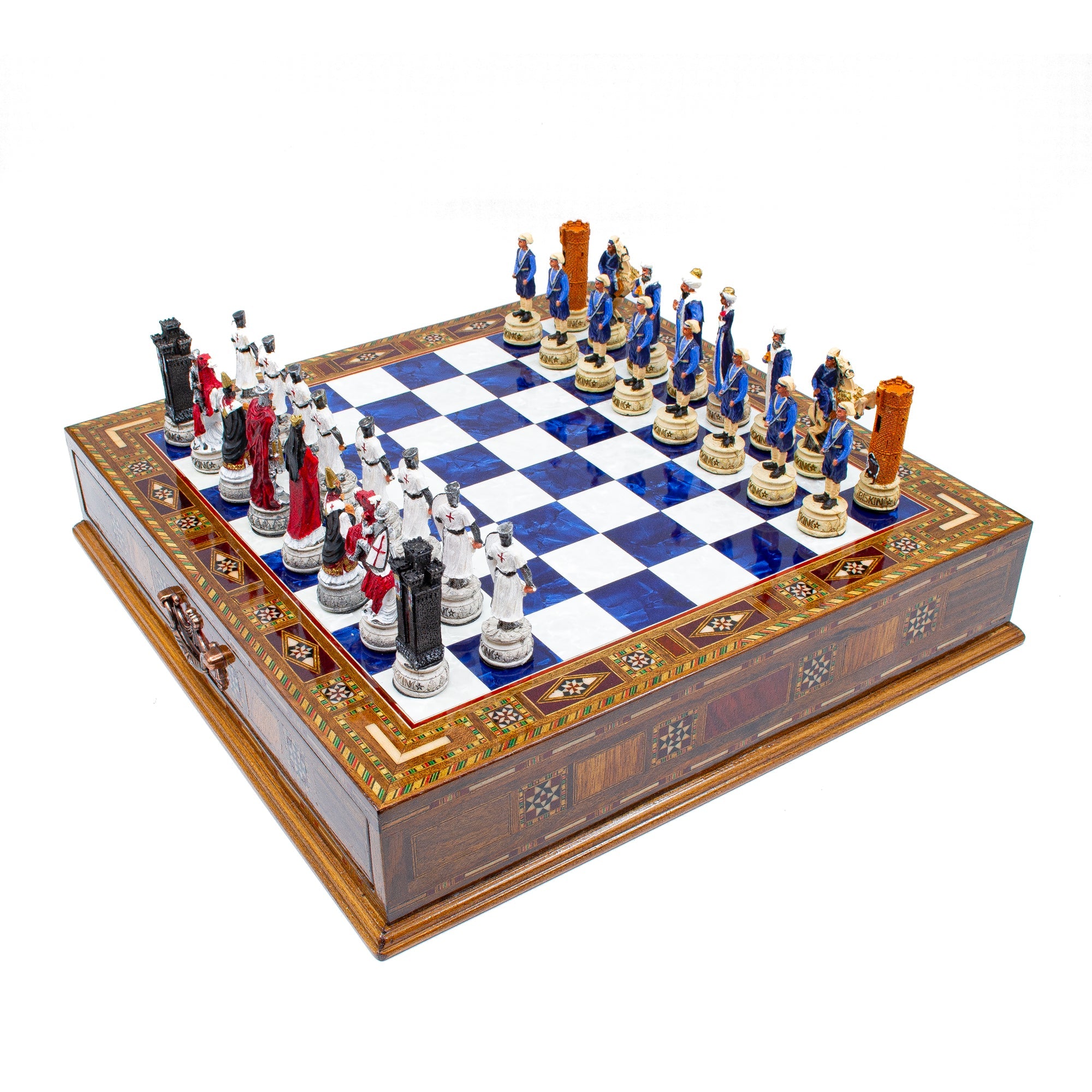
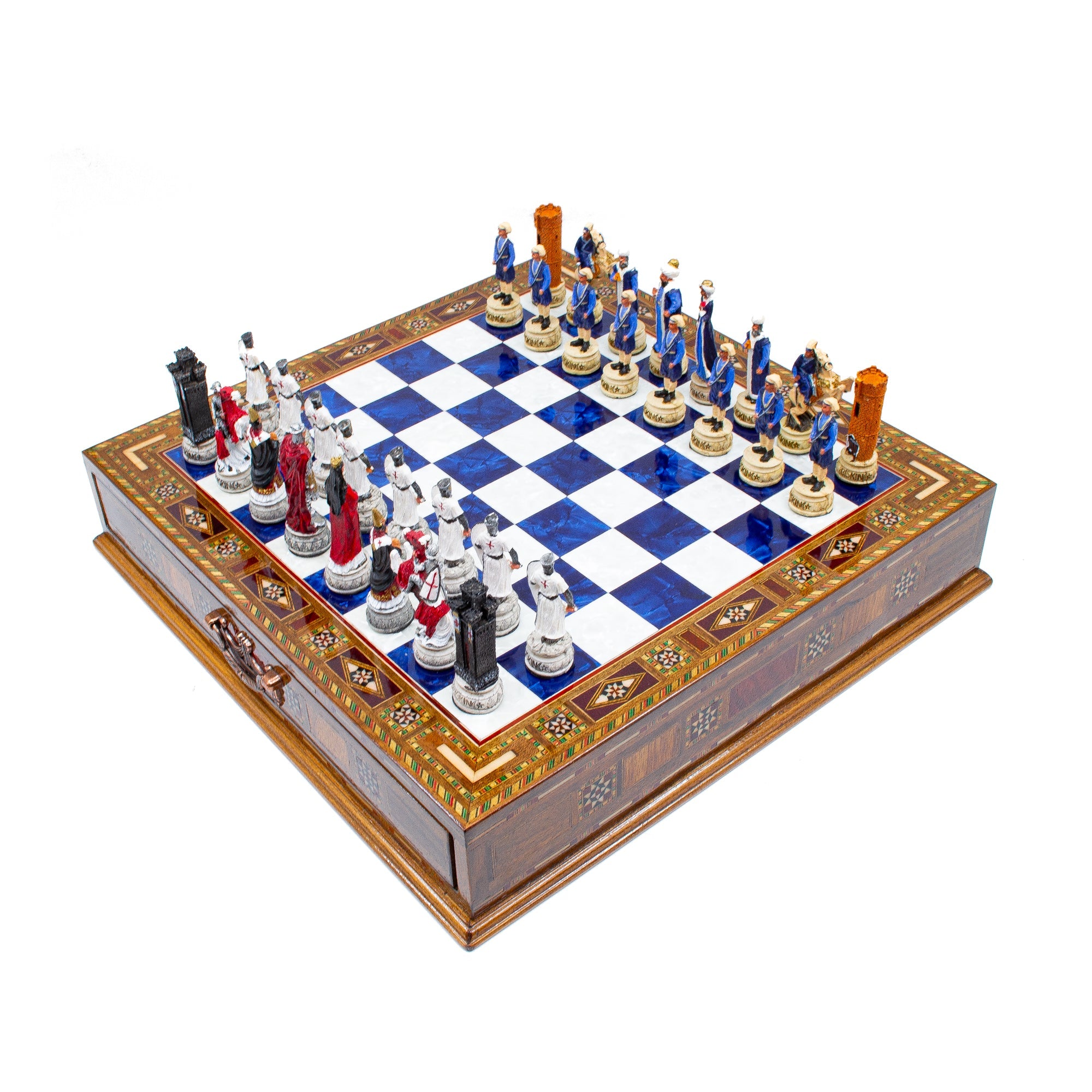
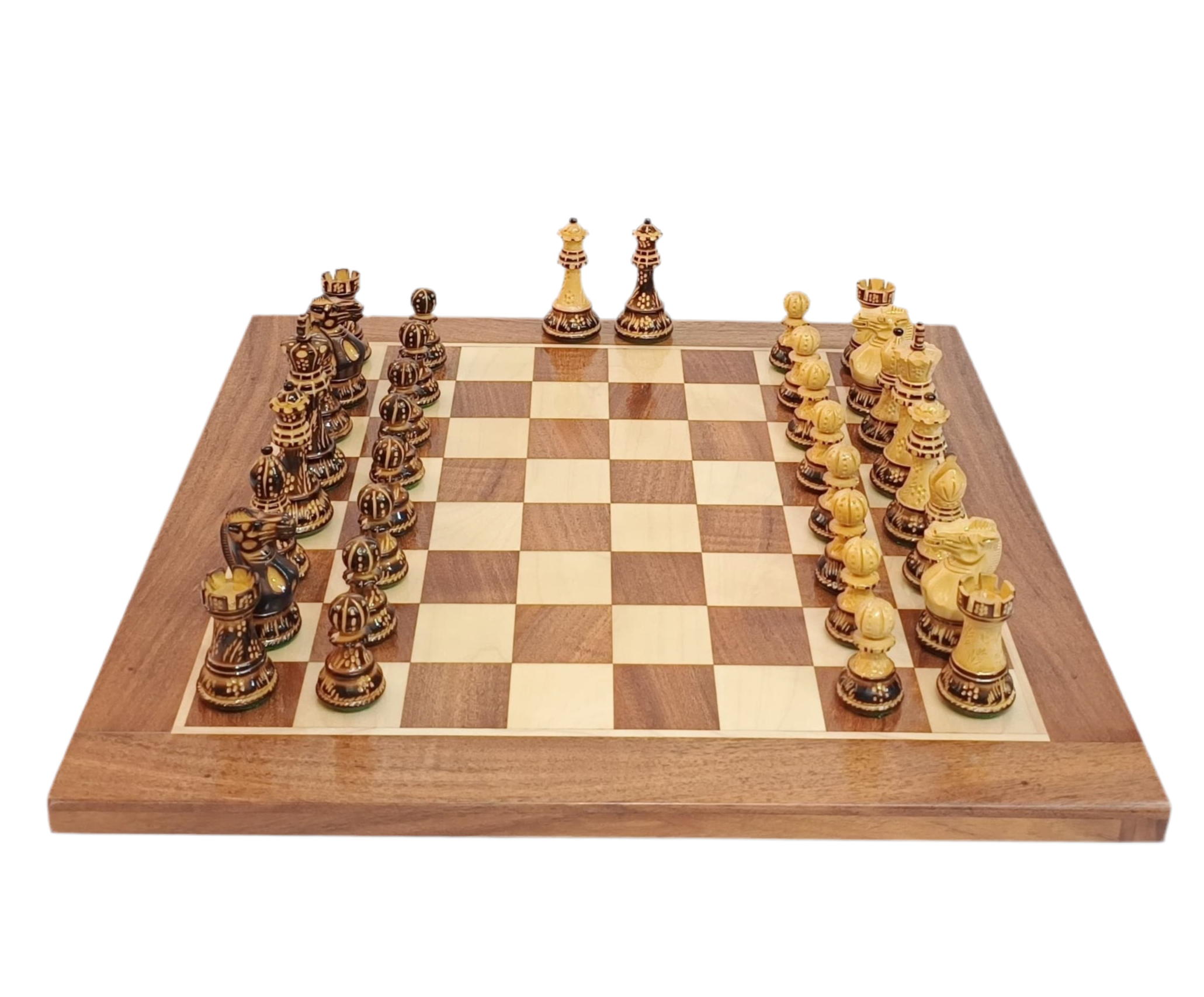
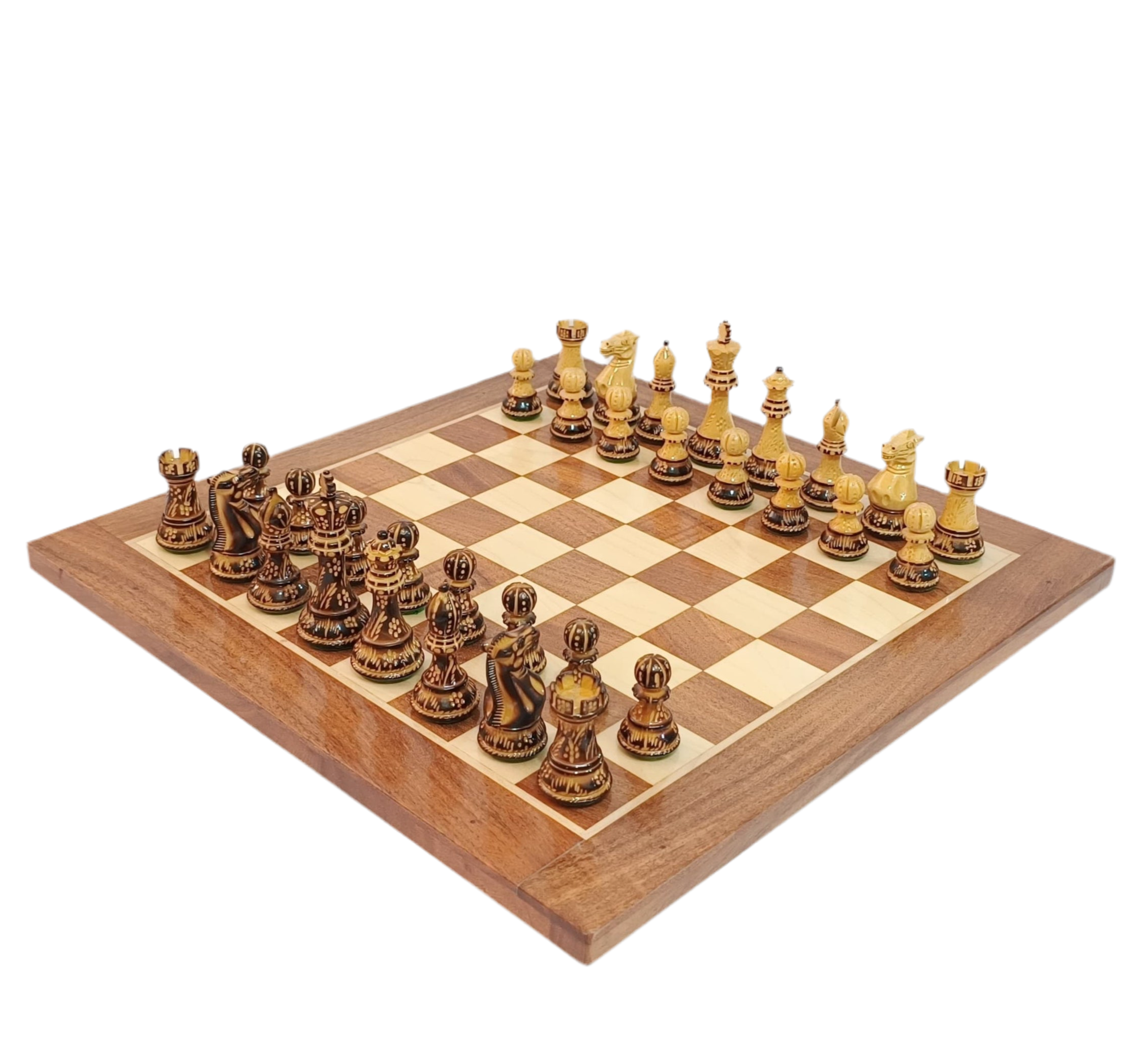
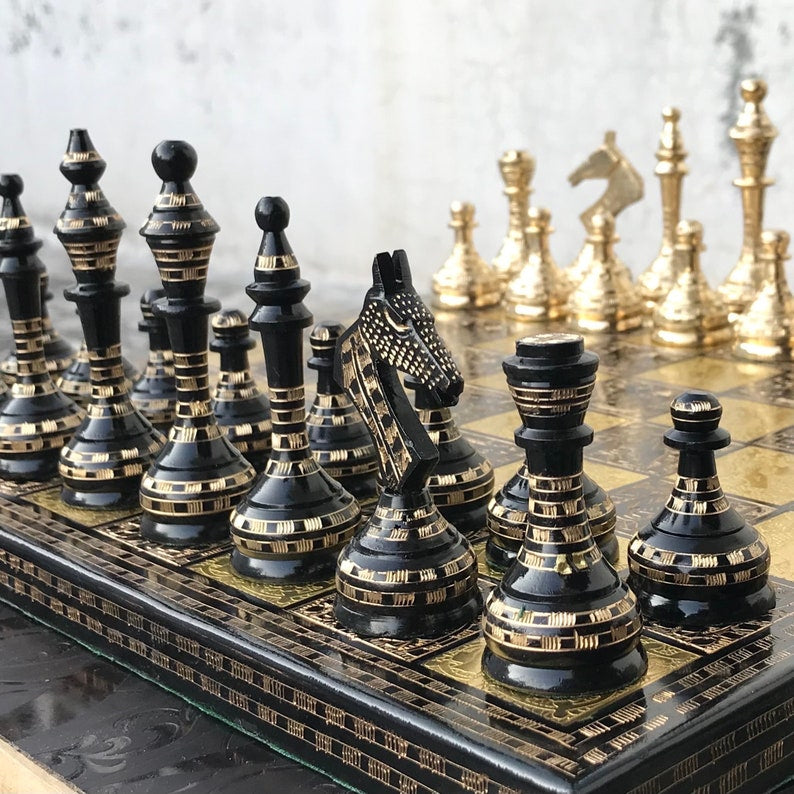
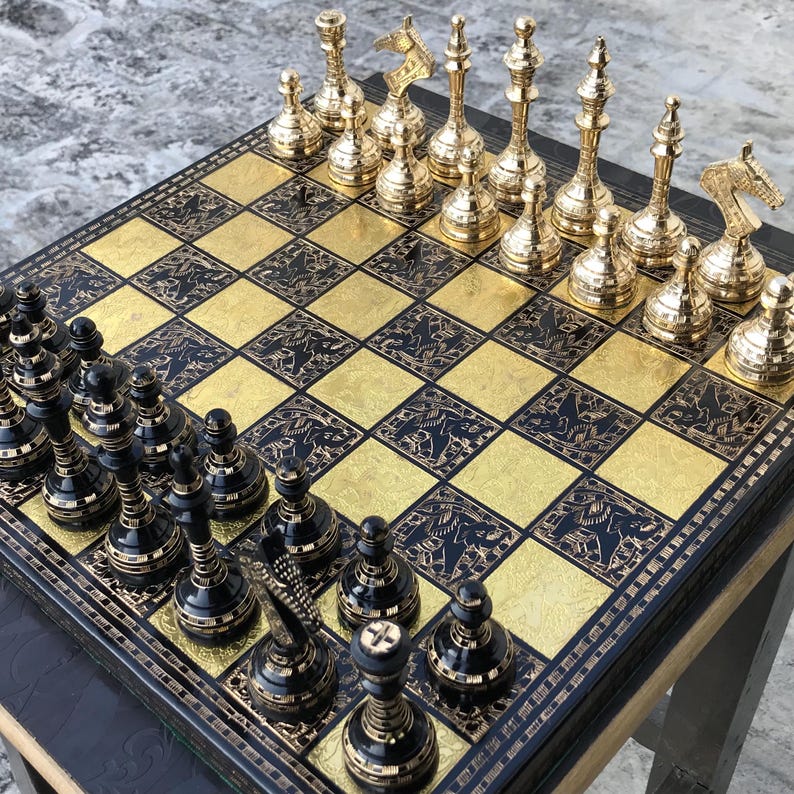


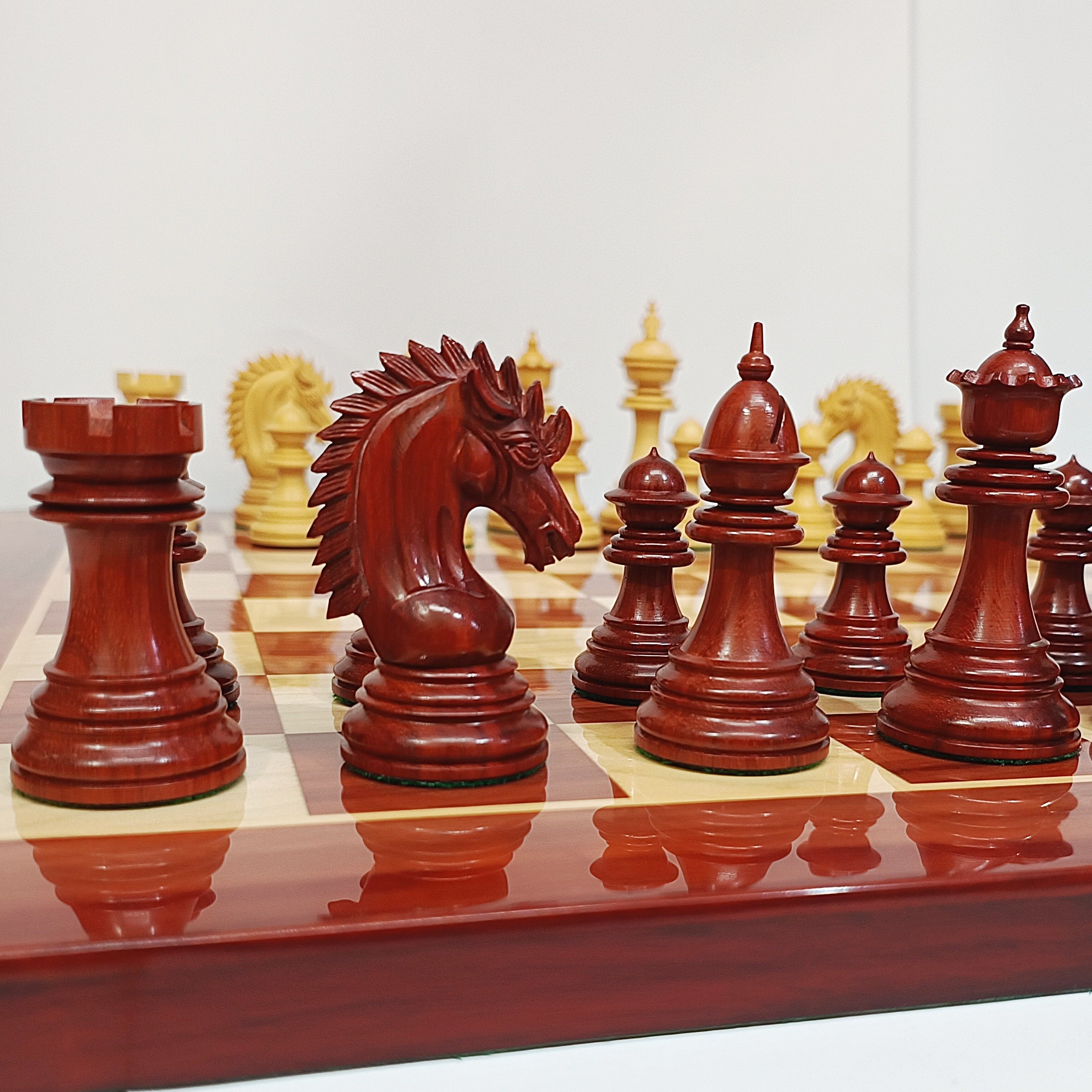
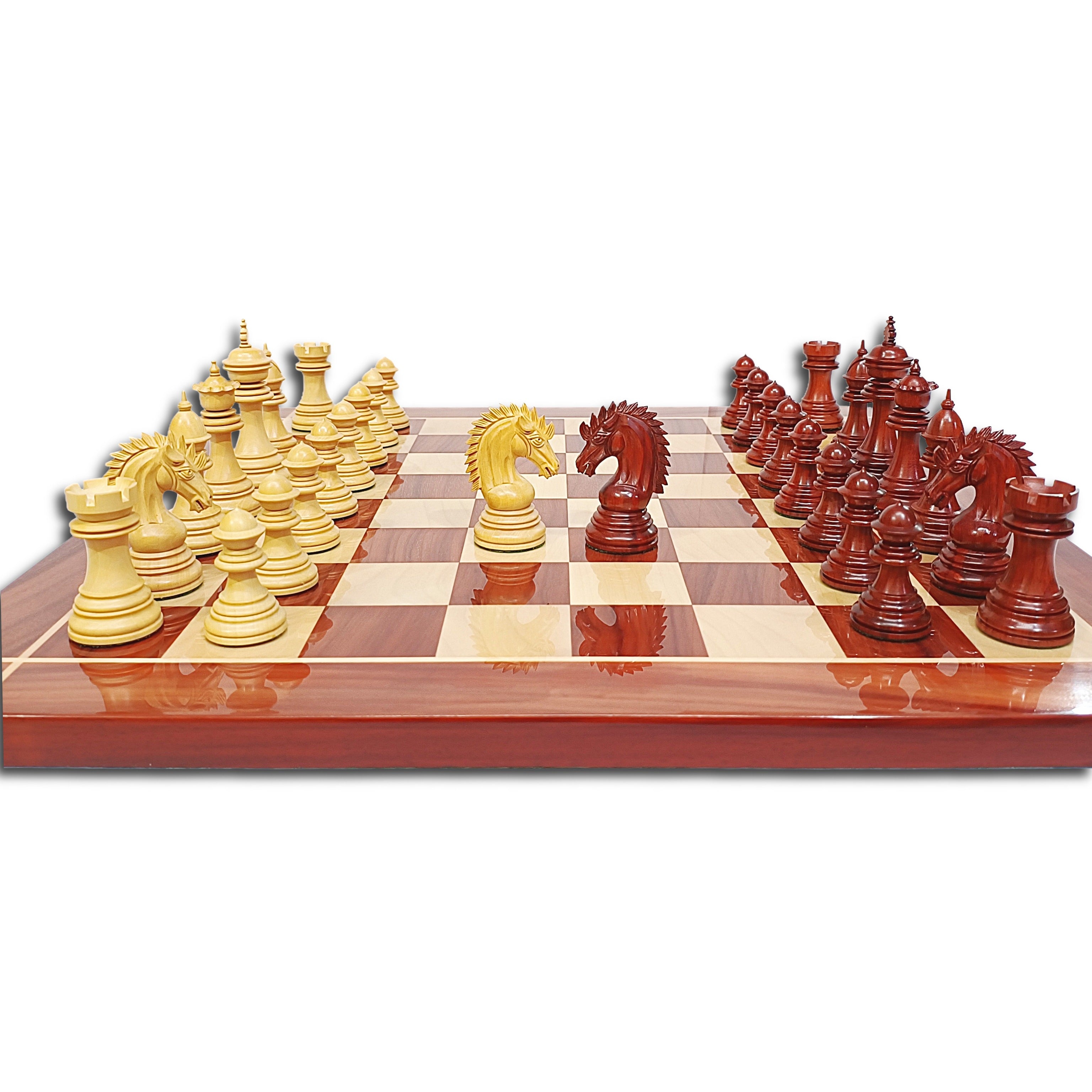
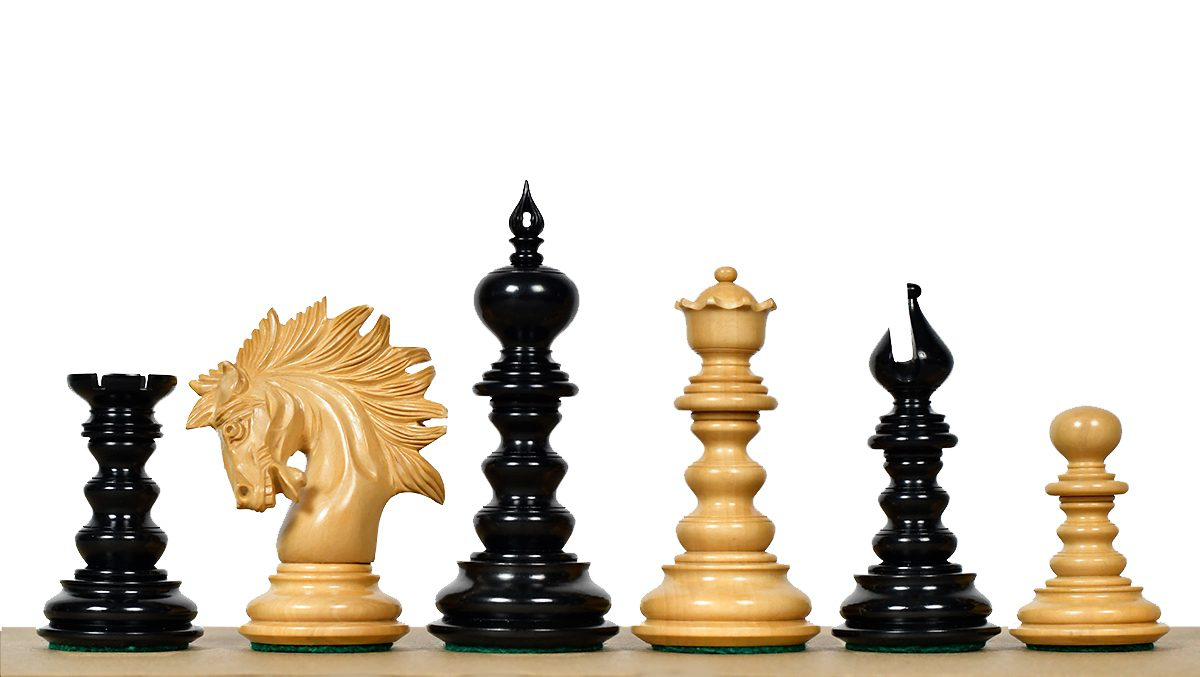
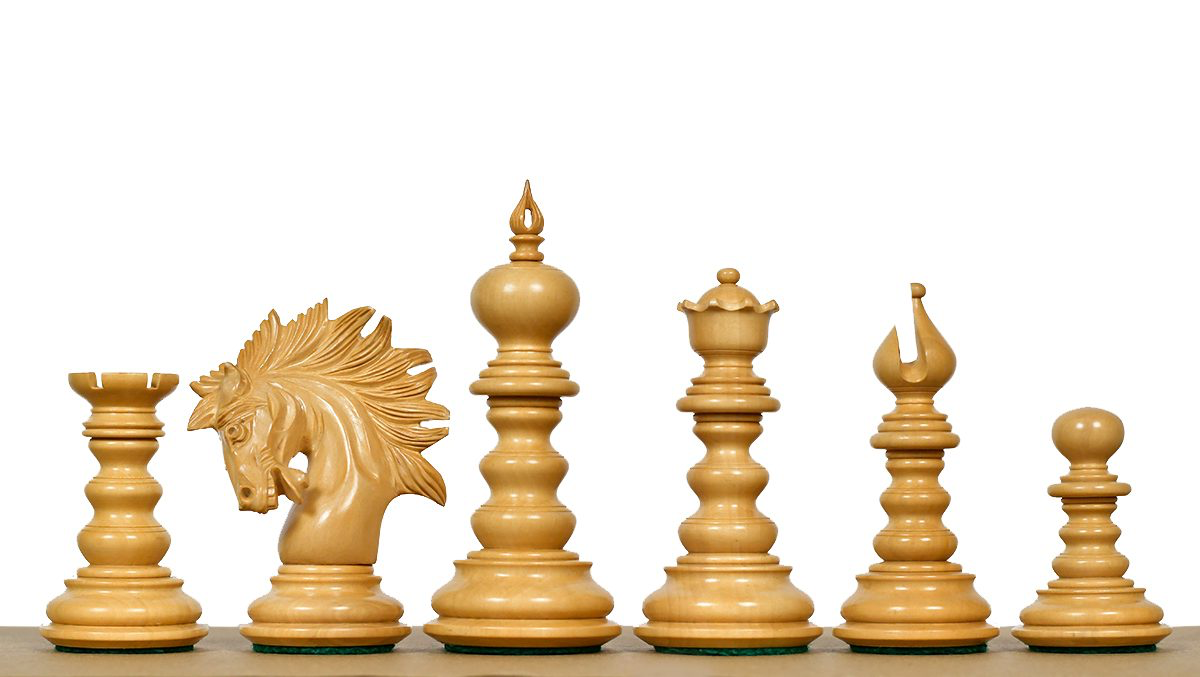
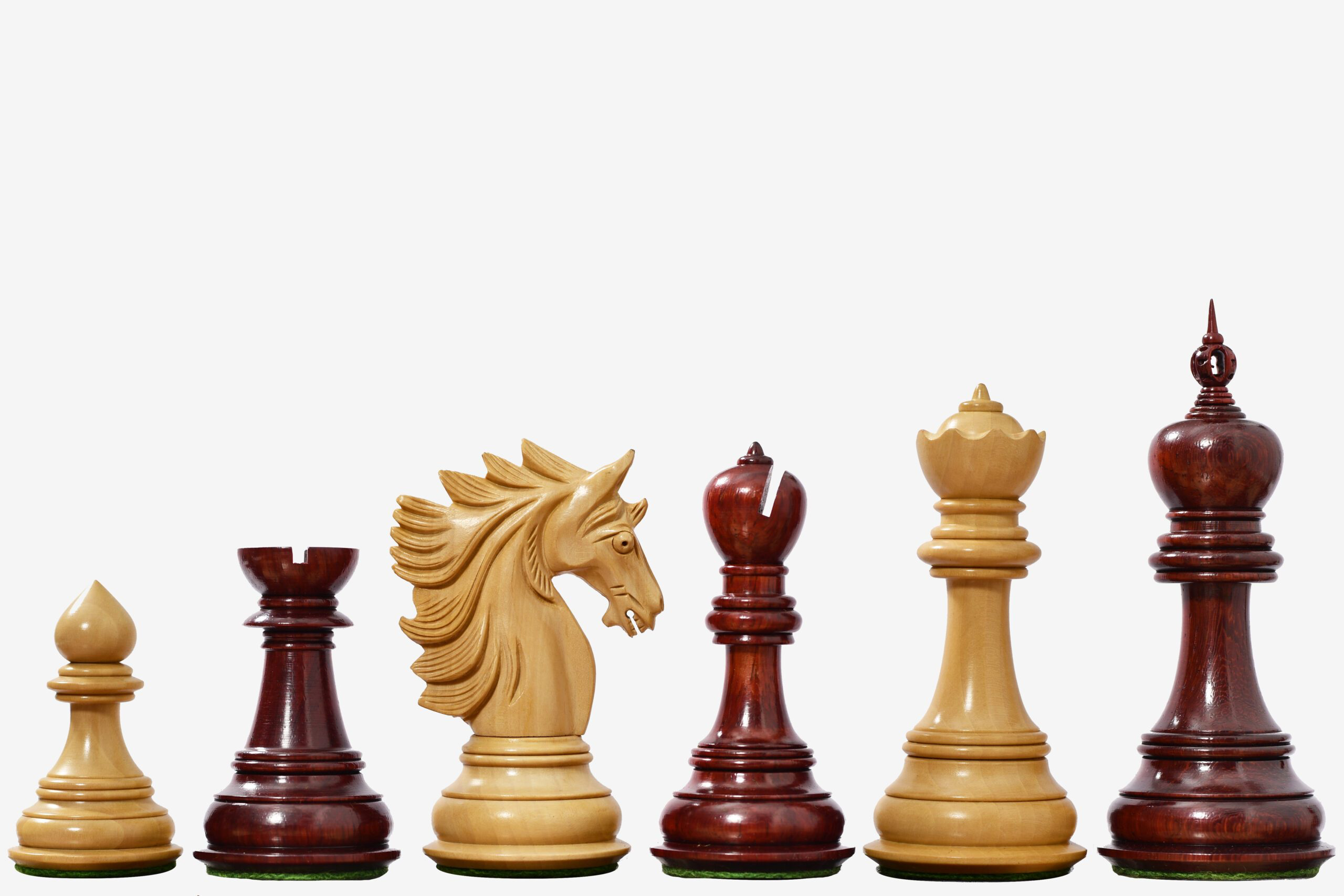
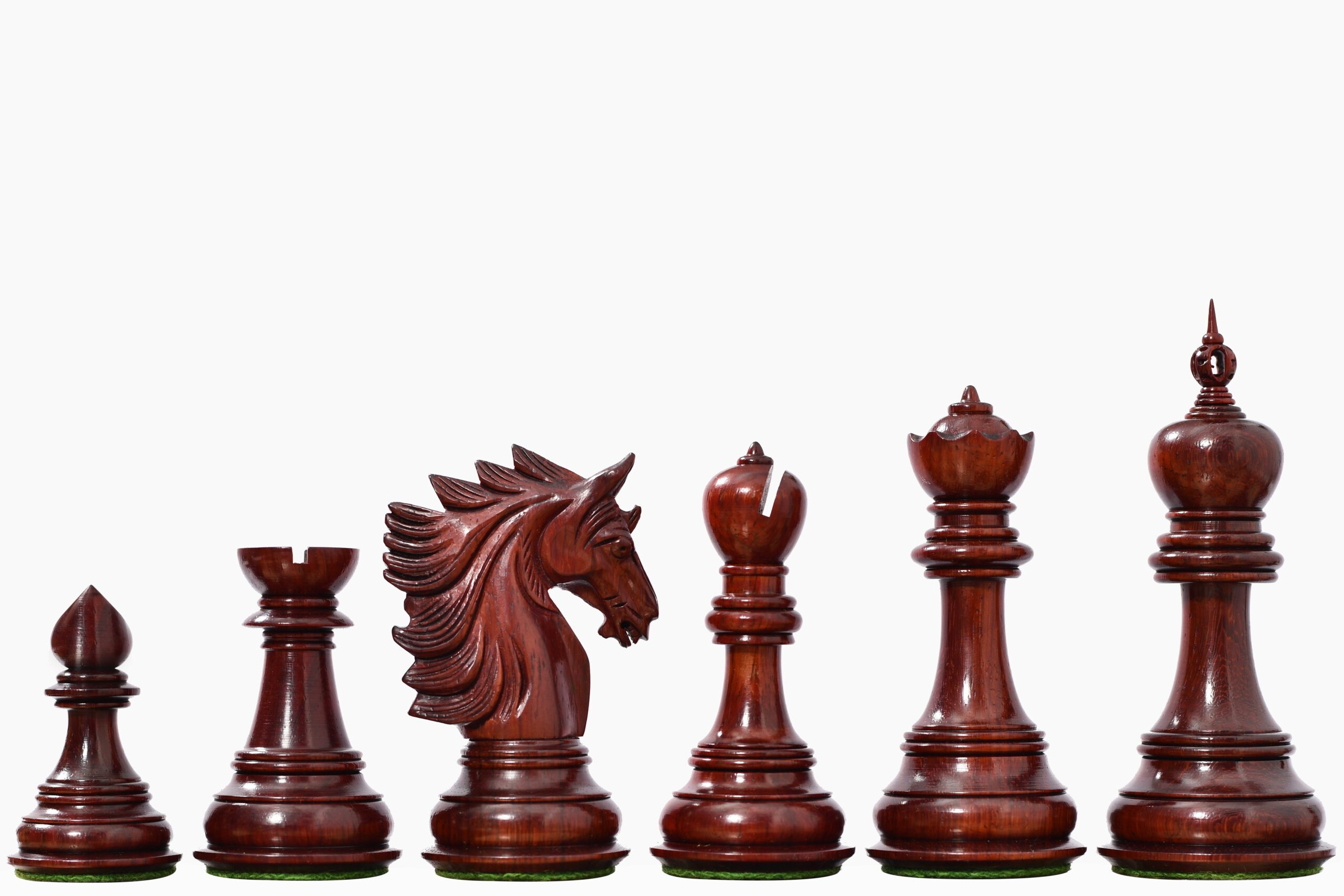
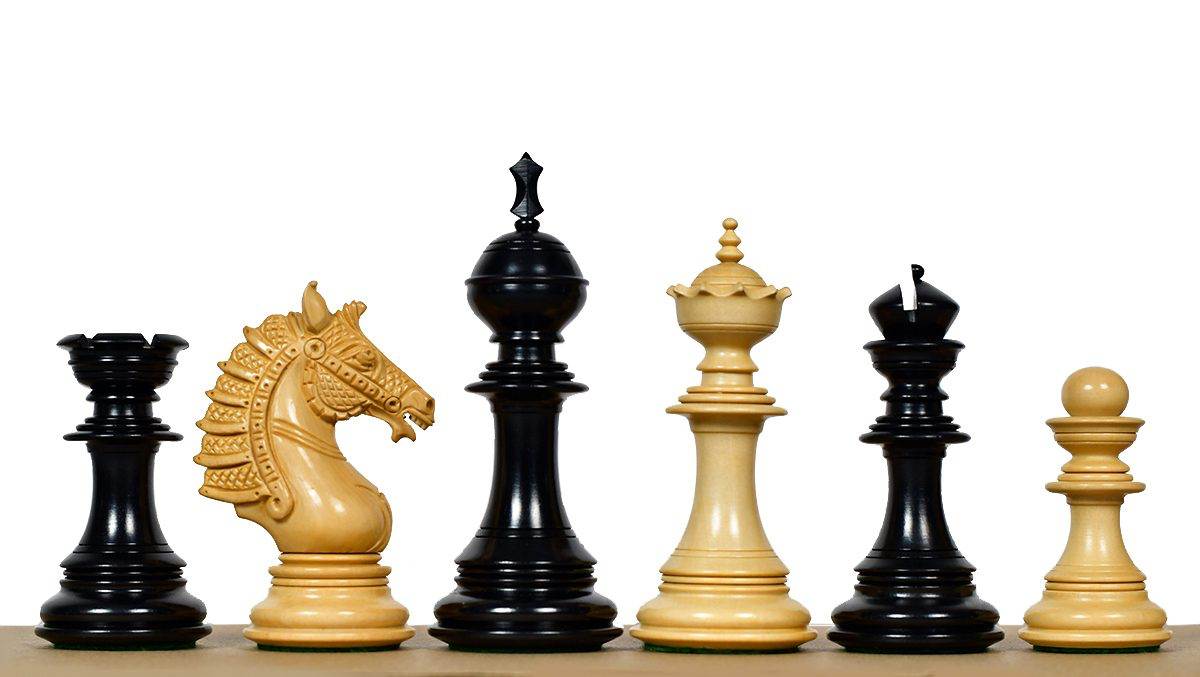
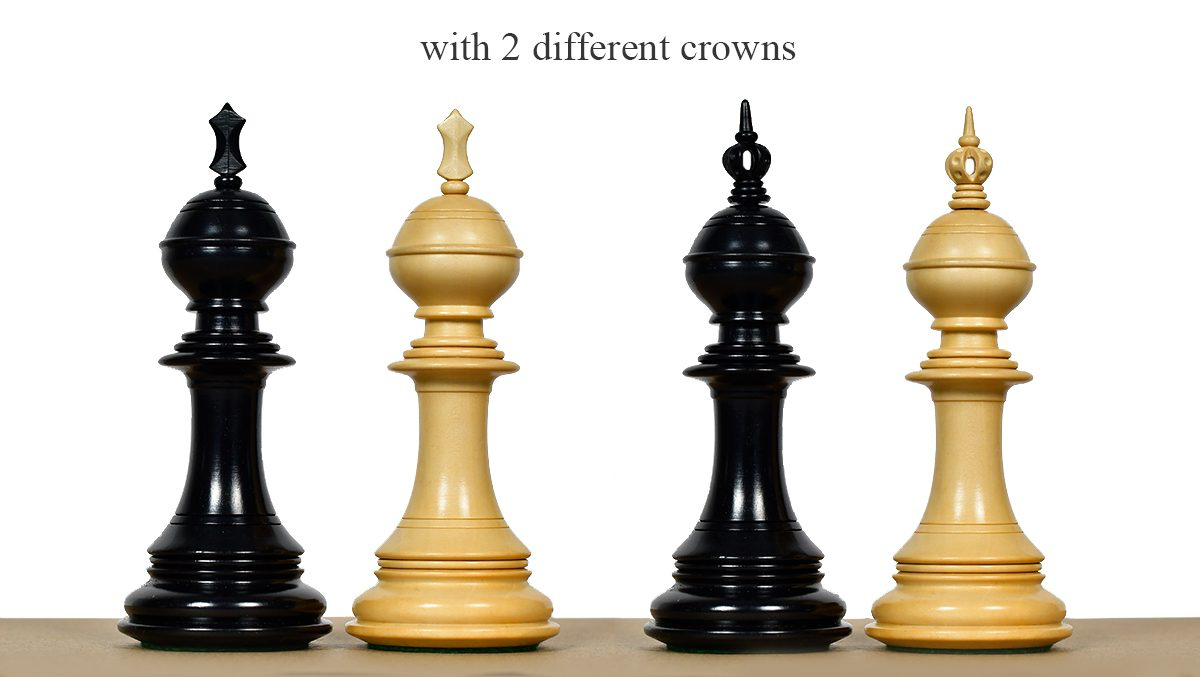
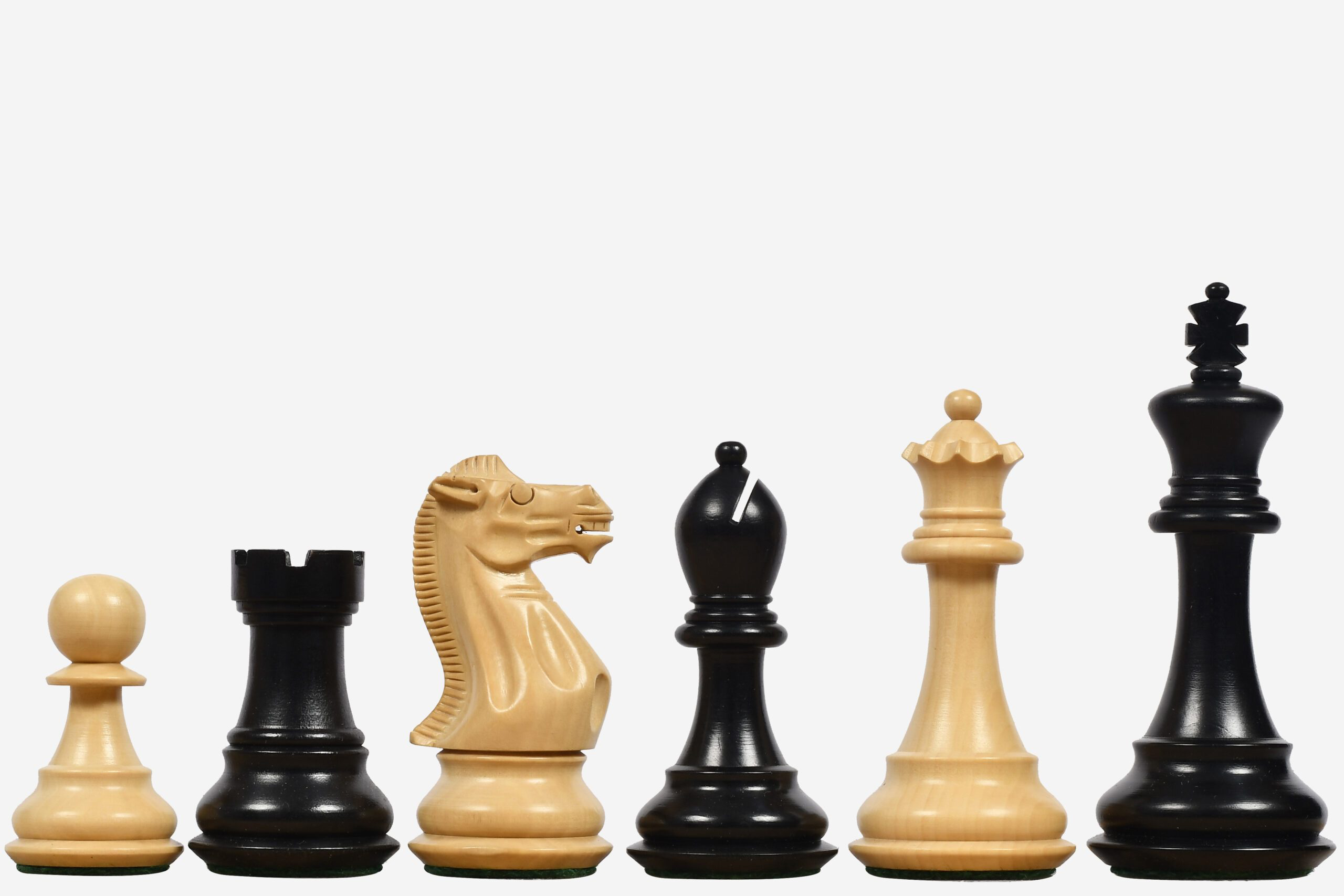
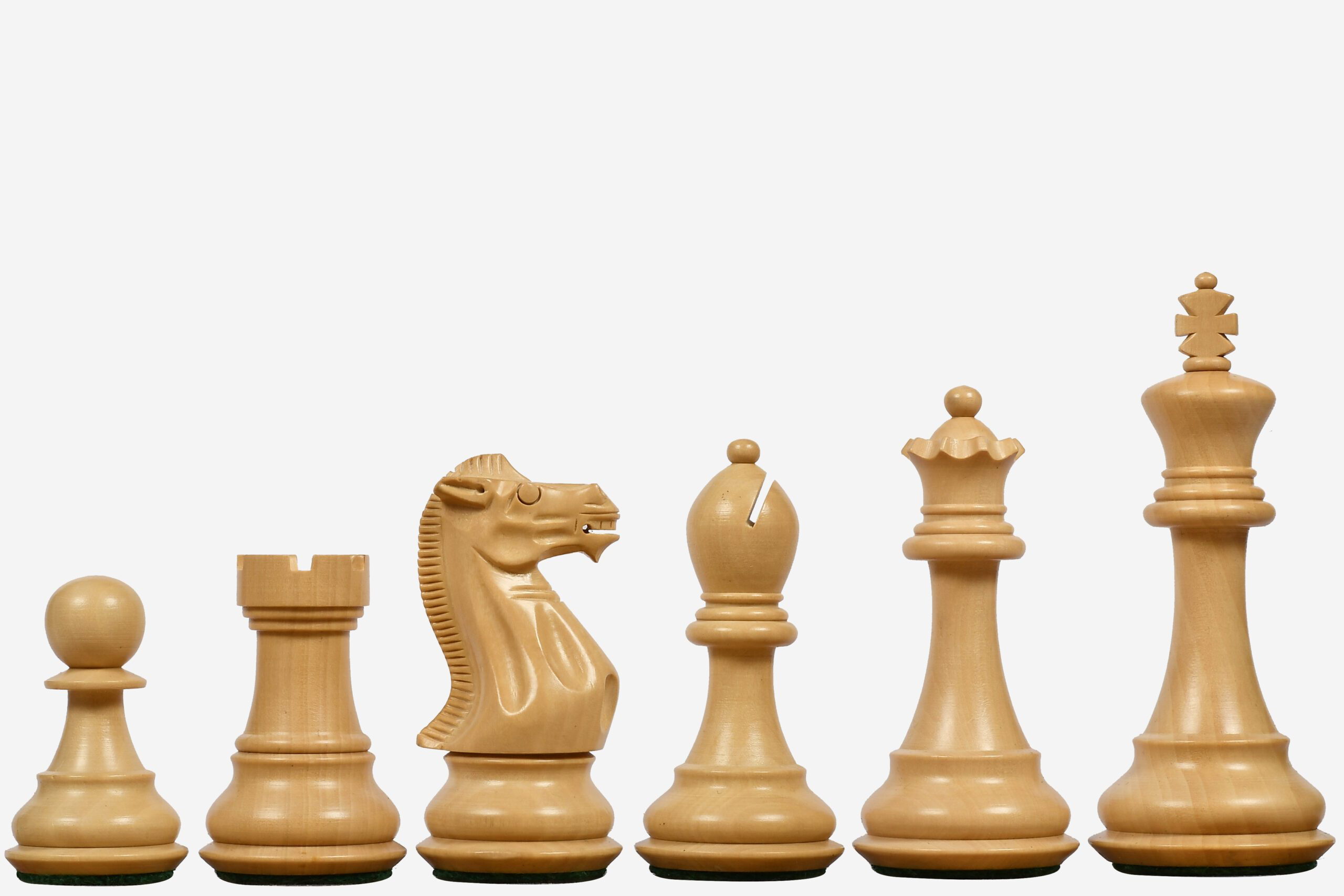
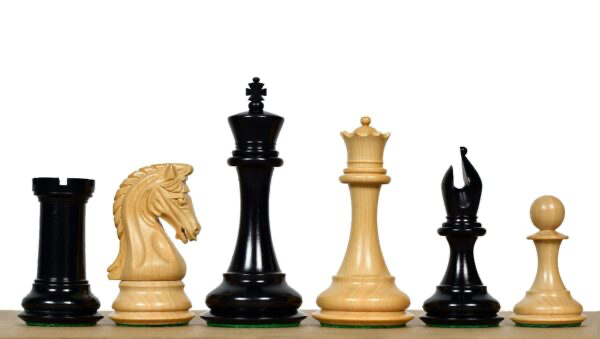
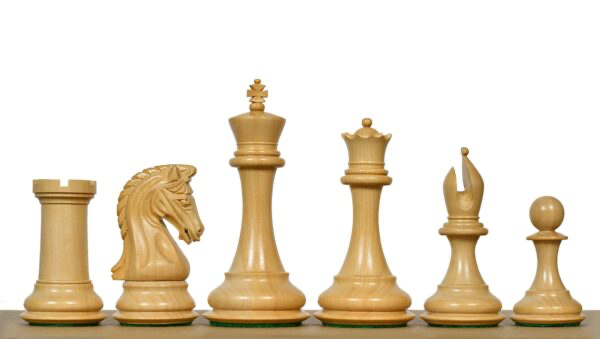
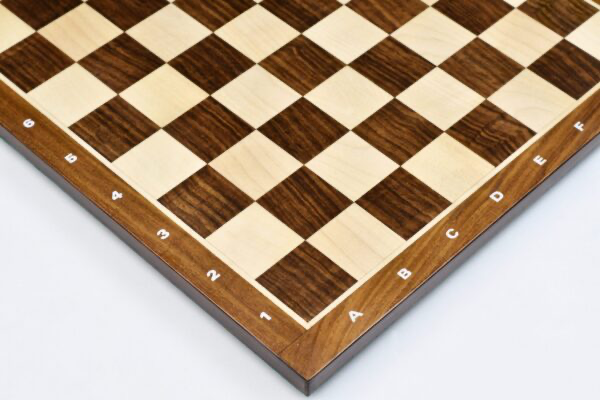
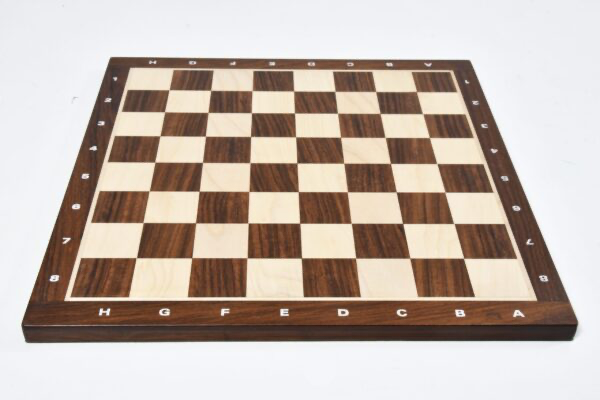
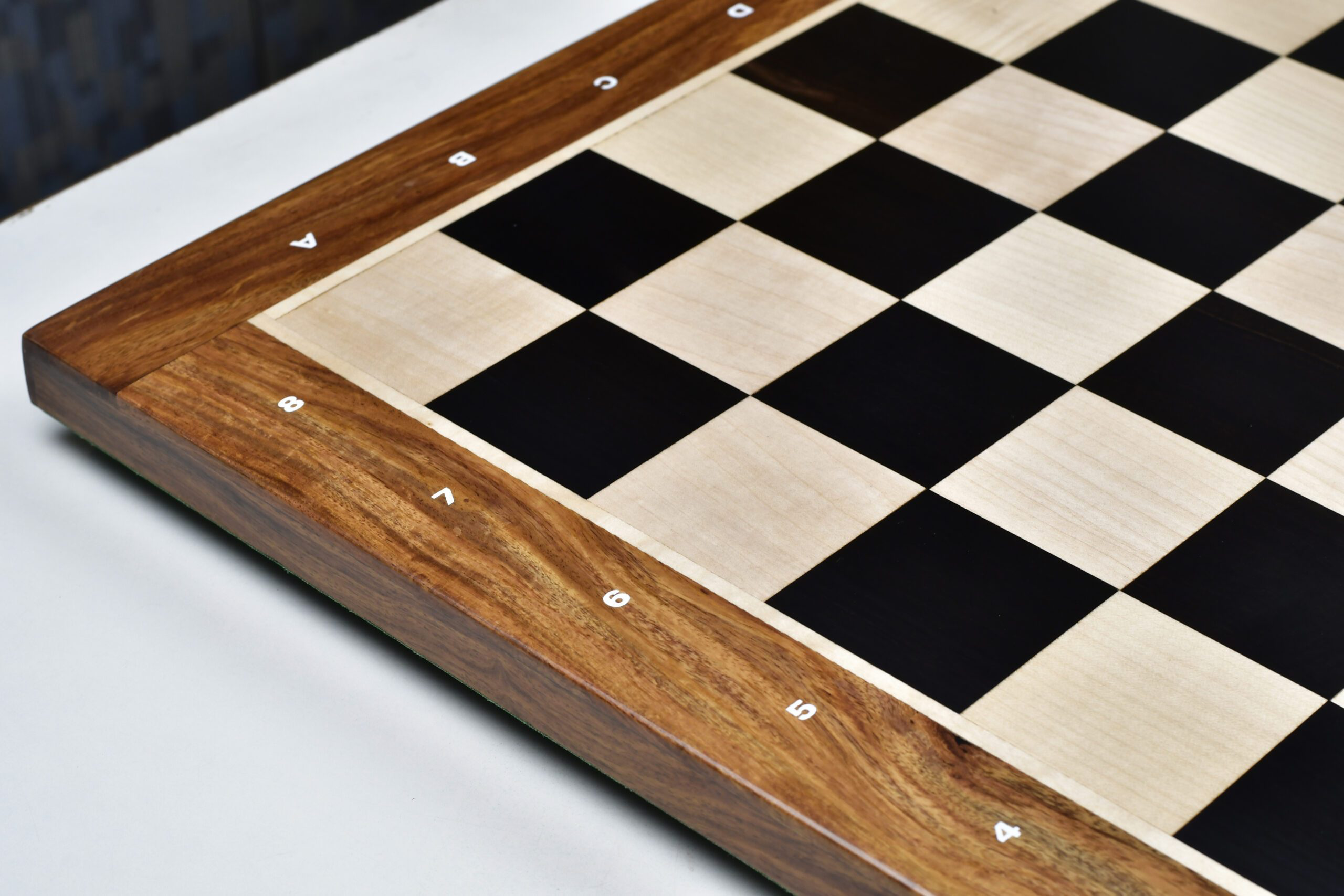
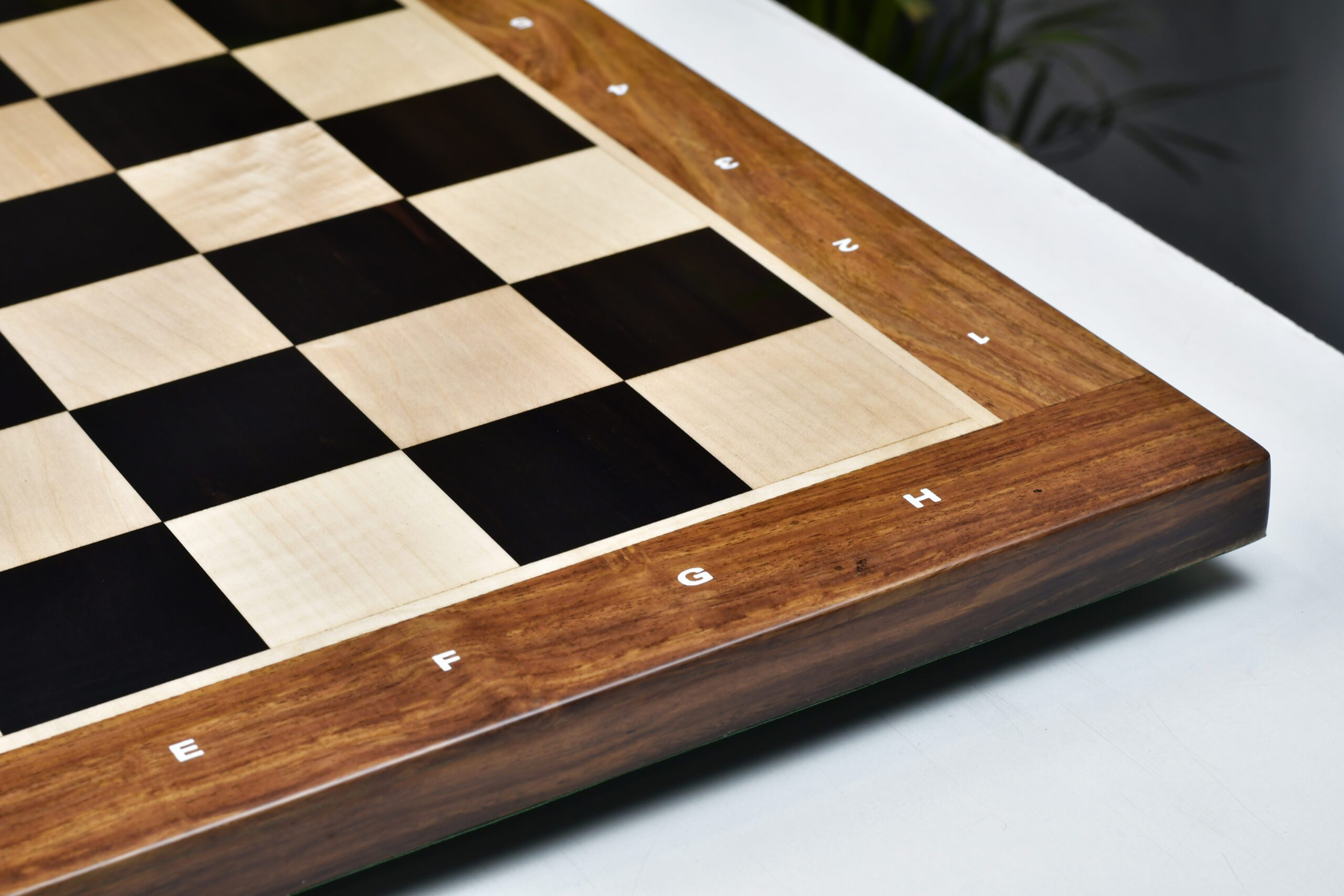
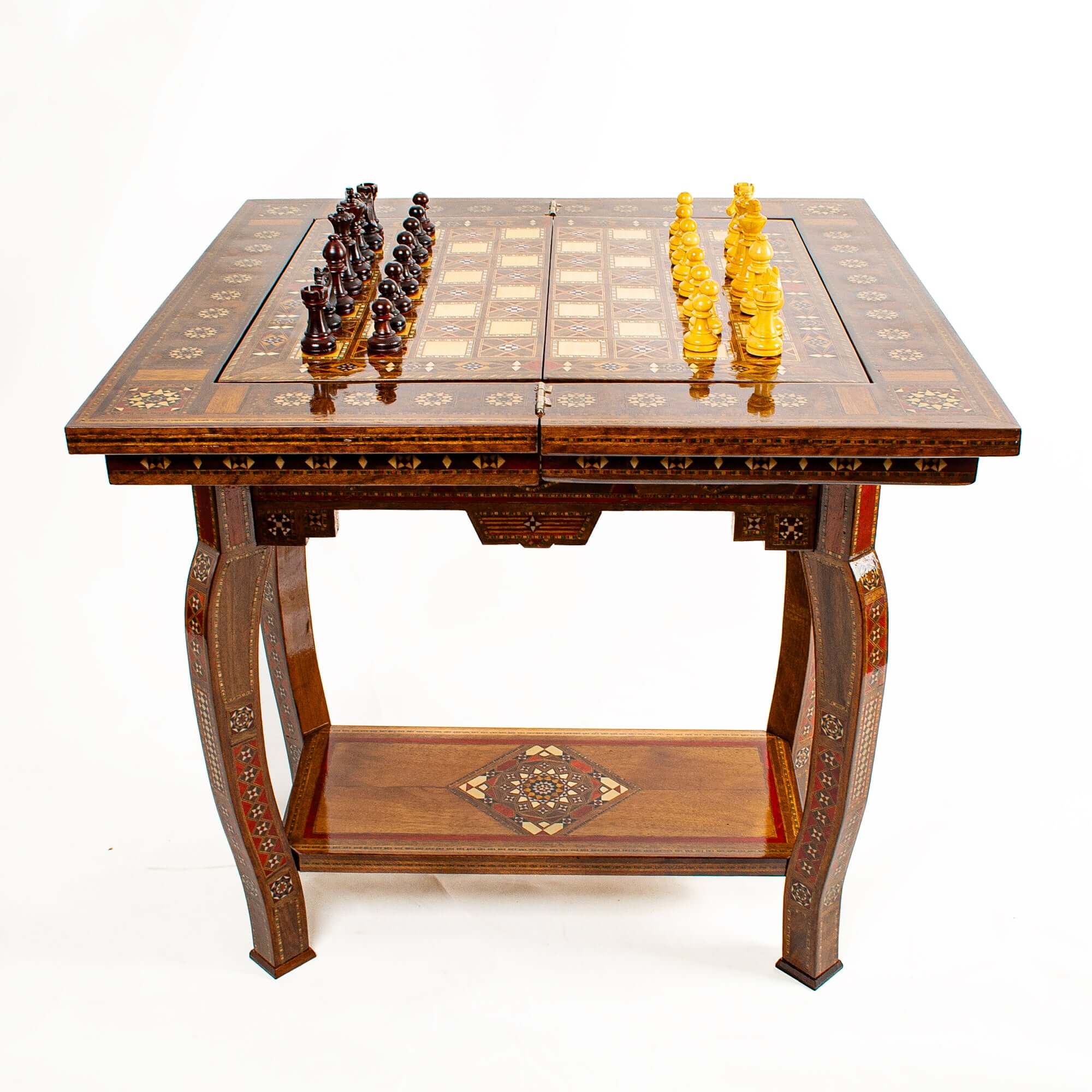

Leave a comment
All comments are moderated before being published.
This site is protected by hCaptcha and the hCaptcha Privacy Policy and Terms of Service apply.